Radchenko T.A.
Swiss approach to competent higher education due to the use of ICT ![]()
Chekhovska M.V.
The comparative analysis of the stages in higher pedagogical education in Ukraine and the republic of Bulgaria ![]()
THEORETICAL AND HISTORICAL ASPECTS OF PEDAGOGY
Bilechenko H.V.
Social and pedagogical support of child development in the context of humanistic paradigm of education ![]()
Karpenko O.J.
Polish childcare in the research of Ukrainian scholars (late 20th – early 21st centuries) ![]()
Krymchak L.Y.
Attractiveness of learning at university as one of the indicators of socio-psychological climate in student group ![]()
Petryshyn L.Y., Leshchuk G.V.
Content aspects of social and pedagogical work with displaced persons and their families in current social conditions ![]()
Shatskov P.A., Yumasheva T.A.
Historical-sociological analysis of the theories of aging ![]()
PSYCHOLOGICAL AND PEDAGOGICAL ASPECTS OF THE PERSONALITY TEACHING, UPBRINGING, AND DEVELOPMENT
Balyuk V.Ye.
Reading culture formation of high school students at the Ukrainian literature lessons ![]()
Borchovych S.M.
Concept of «spiritual-moral education» in modern pedagogical environment ![]()
Dronova O.O.
Child in the world of books: pedagogical conditions of development of art creative work of preschoolers ![]()
Kulchytsky V.Yo.
Role of youth organizations in the patriotic education of schoolchildren in Ukraine in the second half of the 20th century ![]()
Lytovchenko N.F.
Psychological situation in the context of correction ![]()
Oliynik О.M.
About the upbringing of a conscieus citizen-patriot in a comprehensieve school ![]()
Savenko D.A.
Type of attachment as a complex of new developments in the mother’s personality ![]()
Sirenko А.Ye.
Guidelines for preschool educators and parents on the formation of self-confidence in preschool children ![]()
Slavskaya Y.A.
Issues of ecological and aesthetic education of youth in the second half of the 20th – beginning of the 21st century ![]()
Teplytska A.O.
Forming students’ mathematical culture as an objective point of innovations in secondary education ![]()
Furt D.V.
High school students’ polycultural competence structure elements in English studies ![]()
Chernyak E.B., Yorkina N.V.
Individual adaptation of instrumentalists of different types of temperament to conditions of performing activities ![]()
THEORETICAL AND METODOLOGICAL FOUNDATIONS OF PROFESSIONAL EDUCATION
Aniskevych S.V.
Improvement of professional training of physical education teachers ![]()
Beskorovaynaya L.V.
Analysis of training future masters in tourism at higher educational institutions of Ukraine ![]()
Bilous O.S.
Features of university students’ independent work ![]()
Bodnar S.V.
Issue of future economists’ foreign language discourse competence development ![]()
Varga L.A.
Offers of Ukrainian high schools in training specialists of tourism industry ![]()
Voshkolup G.Y.
Сonflictological competence as a constituent of professional competence of future specsalists ![]()
Glusman A.V., Sapozhnykov S.V.
Higher schools of pedagogy in the countries of the Black Sea region: system analysis experience ![]()
Grushka V.V.
The features of specialists’ training in tourism industry (competency approach) ![]()
Dziman H.M.
Components of the future biotechnologists’ ESP writing competence ![]()
Zabolotskyi А.Yu.
The issue of the quality of distance education ![]()
Ivasiuk N.A., Bondarenko E.V.
Scientific approaches to the investigation of professional speaking competence essence of future higher qualification specialists ![]()
Kalenyk O.O., Tsaregradska T.L.
Features of multimedia presentations in teaching mathematics and physics to foreign students at preparatory departments ![]()
Kachmarchyk S.G.
Formation of foreign communicative competence of future managers in foreign economic activity in research works of national and foreign scholars ![]()
Kozynets I.I., Zhuravel M.O.
Advantages and disadvantages of brainstorming in collective discussion of problems ![]()
Korzh Ye.Yu.
The role of competence and competency in professional interaction of future dentists: theoretical aspects ![]()
Kramarenko T.V., Rezunova O.S.
The use of internet and electronic educational sources in the learning process of higher educational establishments ![]()
Lichman L.Yu.
Genesis of foreign linguistic competence development at higher education institutions of Ukraine: methodological context ![]()
Maloivan M.V.
The structure of individualization of self-directed educational activities of future philologists ![]()
Maslova A.V.
The components of the content of teaching English scientific writing to master students ![]()
Medynska S.I., Sokolova K.V.
Specifics of methodological aspects of teaching English to research and educational personnel at higher educational institutions in the perspective of innovative development of Ukraine’s educational area ![]()
Myshak O.O.
Humanization of training as the basis for forming humanistic orientation of future agrarian specialists ![]()
Miasoid G.I.
English, tourism and hospitality: an interdisciplinary lesson plan ![]()
Oliynik I.V.
Philosophical and specific principles in the context of modern educational paradigm ![]()
Peycheva О.О., Kelembet R.V.
Creation of Success Situations at English Learning Classes at Non-Linguistic Higher Educational Establishments ![]()
Piddubtseva O.I.
Psychological basics of forming agrarian students’ professionally oriented German language competence in reading ![]()
Romanyuk S.М.
Foreign language distance learning: comparative analysis of modern platforms and on-line services ![]()
Slipchyshyn L.V.
Implementation of continuous technological education in vocational educational establishments ![]()
Sukhin O.V., Demyanchuk B.O., Кosarev V.M.
Methodological framework for assessment of the volume of teaching and learning in basic and complete higher education ![]()
Ternavska L.M., Shauerman O.А.
Development of non-linguistic higher school students’ technical translation skills ![]()
Udovichenko H.M.
Psycho-pedagogical understanding of the terms «professional» and «professional-pedagogical competence» ![]()
Ustymenko Yu.S.
Pecularities of professional dentists’co-operation ![]()
Chernovaty L.M., Kuprienko Yu.V.
The notional scheme as a basis for the development of the subject-matter and terminological components within the non-fiction translator’s competence ![]()
Shumskyi О.L.
Some aspects of organizing foreign language training on the basis of information educational environment ![]()
STATE-OF-THE-ART TEACHING/LEARNING TECHNIQUES IN HIGHER EDUCATION
Dmitrenko E.N.
Projects as a form of organizing interpersonal barrier-free interaction between the participants of foreign language communication ![]()
Taranenko Y.K., Tarnopolsky O.B., Gaidar M.M., Yermolayeva T.V.
Project technology as a basis for applied linguists’t training ![]()
MANAGERIAL AND PEDAGOGICO PSYCHOLOGICAL ASPECTS OF EDUCATION
Lebid O.V.
Some aspects of strategic management of general education institutions in Ukraine ![]()



